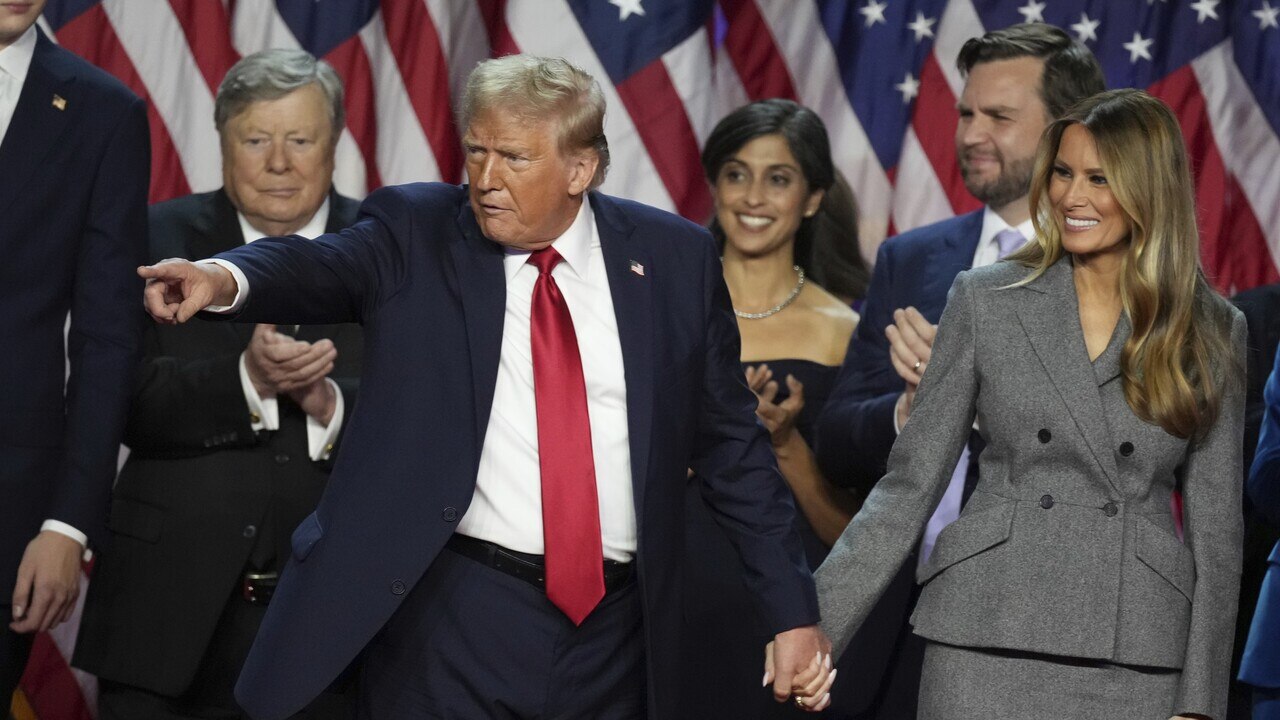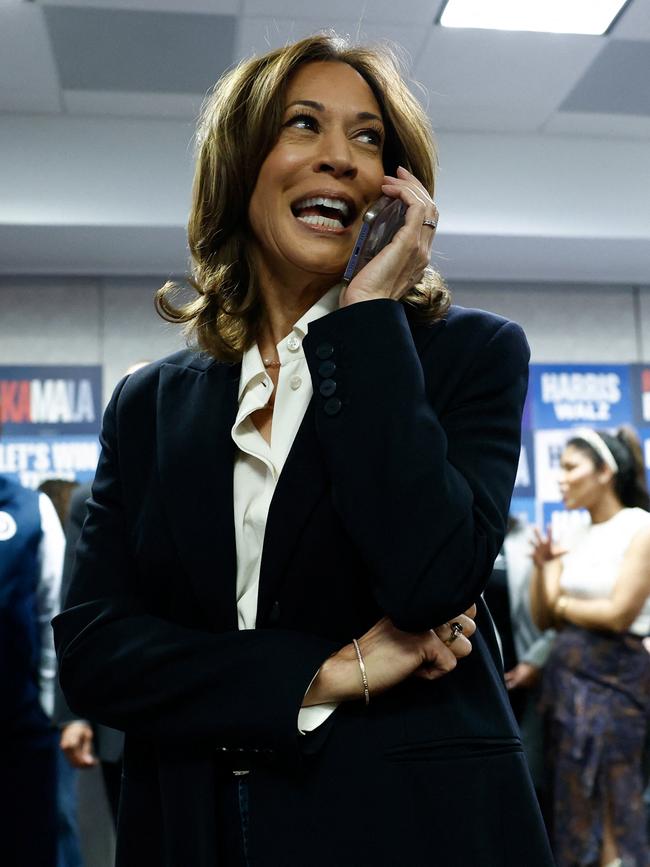It’s time Democrats accept identity politics is a big election loser


It would not be the first time. Consider 1988, when George H.W. Bush trounced Michael Dukakis, which turbocharged the Democratic Leadership Council, a moderate movement led in part by a young governor named Bill Clinton. He went on to defeat president Bush in 1992, and set Democrats on a course that enabled them to lead America for 20 of the past 32 years. And he did so by clearly pursuing policies aimed at middle-class, working Americans, emphasising community, responsibility and opportunity.
He called for more police on the streets, for reform of education, for fiscal responsibility and a robust defence and foreign policy. And he struck a nerve in the electorate, who embraced his and his running mate Al Gore’s youth and energy and delivered a big victory 32 years ago.

Democrats need a 21st century incarnation of the DLC. What does that mean? It starts with doing something Kamala Harris failed to do – create Sister Souljah moments, like Clinton did in 1992, courageously demonstrating his moderation and rejection of views that veered too far left. By happenstance, my wife, Nancy, and I were in the audience that day, when candidate Clinton addressed the Rainbow Coalition and took issue with incendiary comments made by Sister Souljah, to the chagrin of Jesse Jackson (Nancy was one of the few in attendance who applauded what Clinton had to say).
Perhaps the most effective one-liner of the campaign of 2024 was “Kamala’s agenda is they/them – not you”. It was the tagline of a multimillion-dollar ad buy launched by the Trump campaign that appears to have hit home with millions of voters in the battleground states. Candidate Trump was not very disciplined in his impromptu messaging on the trail, but his commercials certainly were.
Kamala Harris never responded to the line of attack (which had to do with the use of taxpayer funding for gender transitions for prisoners, including immigrants). She could have made news by saying she had changed her view on the issue; sure, it would have generated controversy on the left of the Democratic Party, but it would have served her well, and demonstrated she was unafraid to stand up to entrenched interests in her party, and to chart her own course. But she did not.
Leaders of the new Democratic Party, if one is to emerge from the detritus of this campaign, need to make clear that it does not support radical policies, and it will not seek to move America too far in a direction which most Americans do not wish to go.
Democrats must also recognise that identity politics have gone too far, turning off too many voters. That does not mean abandoning the real needs of anyone in America who is struggling to find work, healthcare or the opportunity to pursue their dreams. But it does mean not defining people primarily by gender, race, religion, ethnicity or sexual orientation. Donald Trump demonstrated on election day that he had been able to attract a diverse coalition to the Republican camp without pandering to people by virtue of their identity. That augurs well for the future of the Republican Party, and Democrats must heed what that means for them, too.
But Democrats are not alone in the need for some humility and self-reflection.

The mainstream media fell short in this campaign in many ways (and not a few votes were likely cast in protest of the way they covered it). A reckoning is overdue. It now seems clear they waited too long to question President Biden’s capacity to lead the country. And what really happened behind the scenes to solidify support for Kamala Harris, without serious consideration of an “open convention”? These should be no-brainer assignments for independent journalism.
Social media also needs to be held to account; it served to divide more than enlighten, contributing to polarisation that threatens to paralyse our ability to get things done. We need better ways to engage with one another, and find common ground, if we are ever to move to higher ground.
And Donald Trump, too, would serve himself and the US well if he abandoned any temptation to be small or vindictive, and recognised he had one last chance to secure his legacy.
He embraced Democrats like Robert F. Kennedy Jr and Tulsi Gabbard, and that kind of outreach should continue. And he should spend more time, like he did on occasion in this campaign, in neighbourhoods haunted by crime and unemployment, and with people who live on the margins of society.
I pray he chooses his course wisely in the days and months ahead, just as I pray Democrats take the time to recognise what this party must do to set a new course for itself and our country.
Jim Kennedy is a former spokesman for president Bill Clinton, vice-president Al Gore, and senators Hillary Clinton and Joe Lieberman, as well as Sony Pictures and News Corp executive






In the wake of Donald Trump’s historic victory, which will soon remove the word “former” from his title of president, the Democratic Party has a unique opportunity to take a good, hard look at its own failings and future.